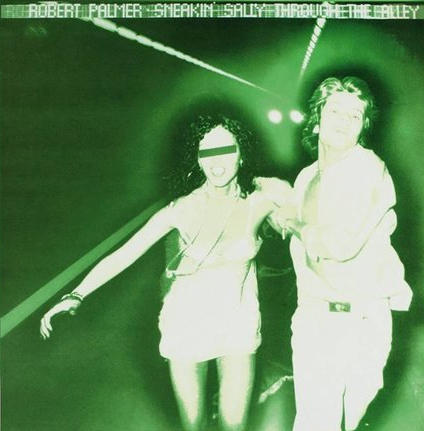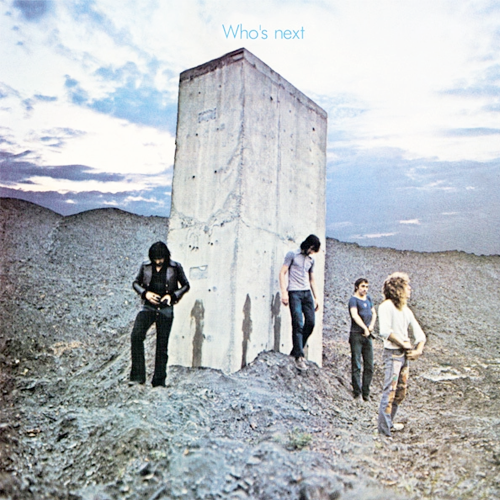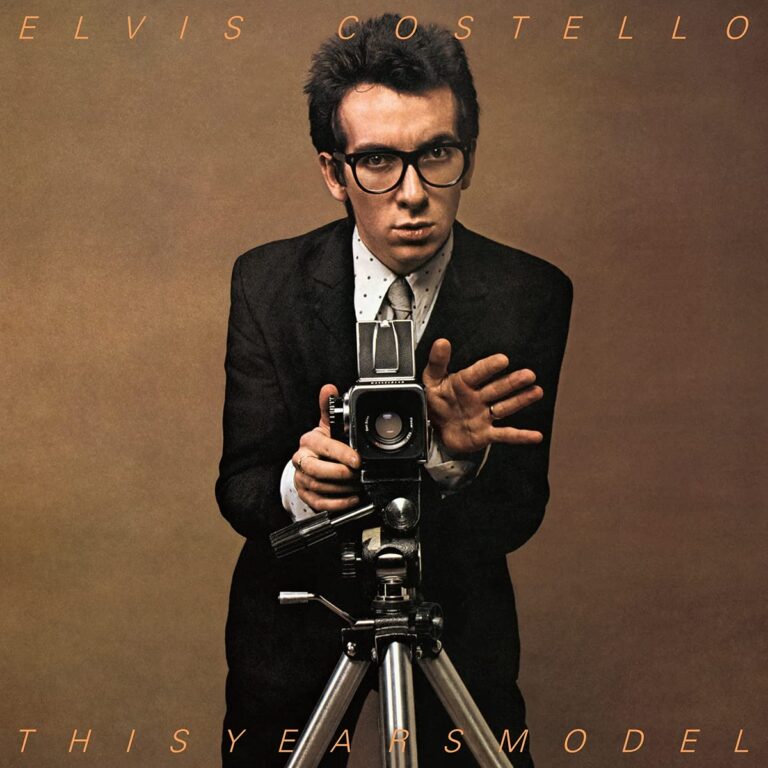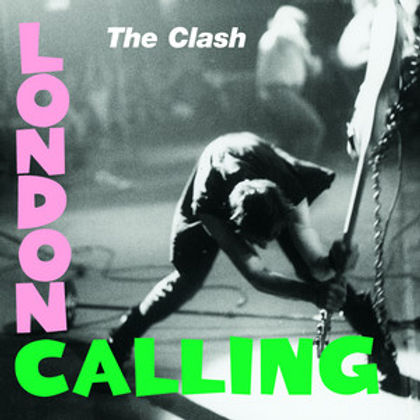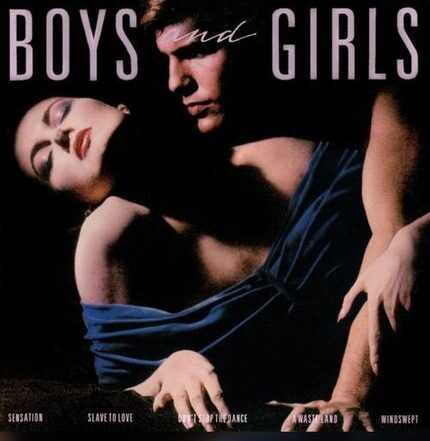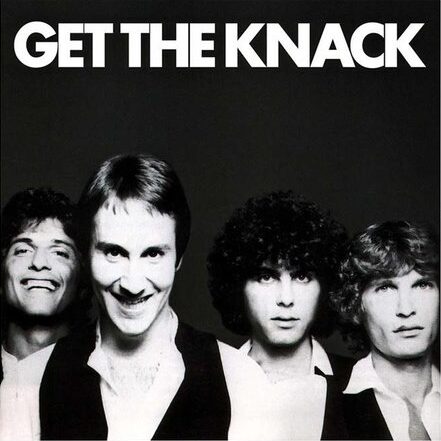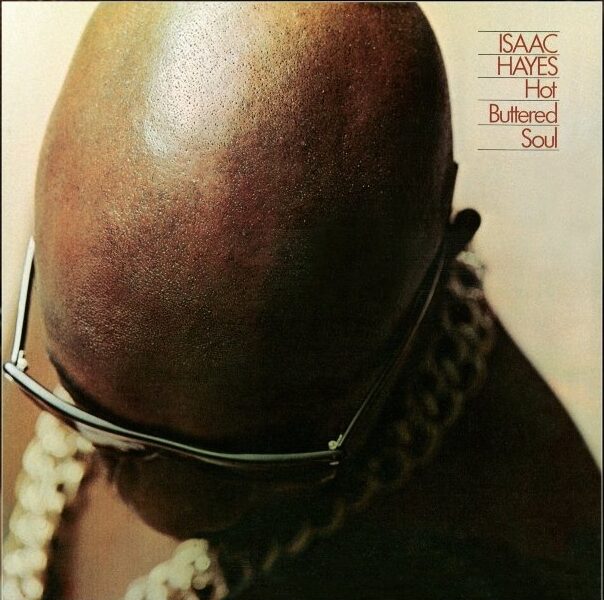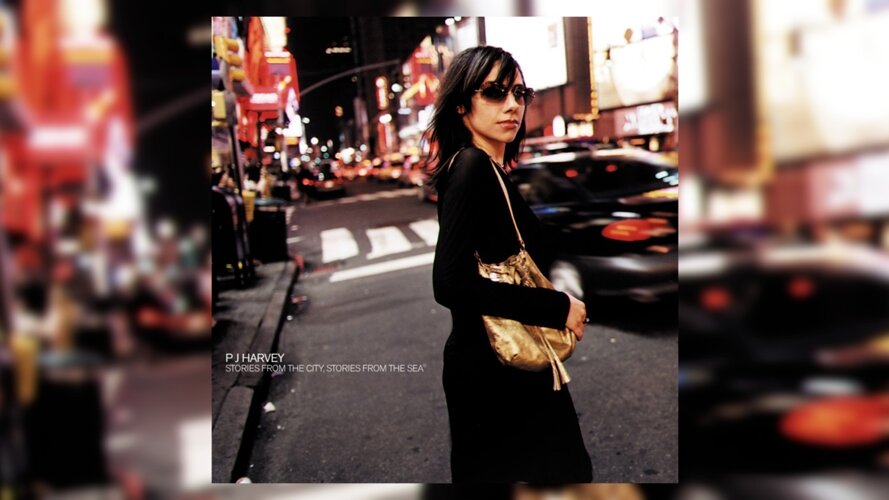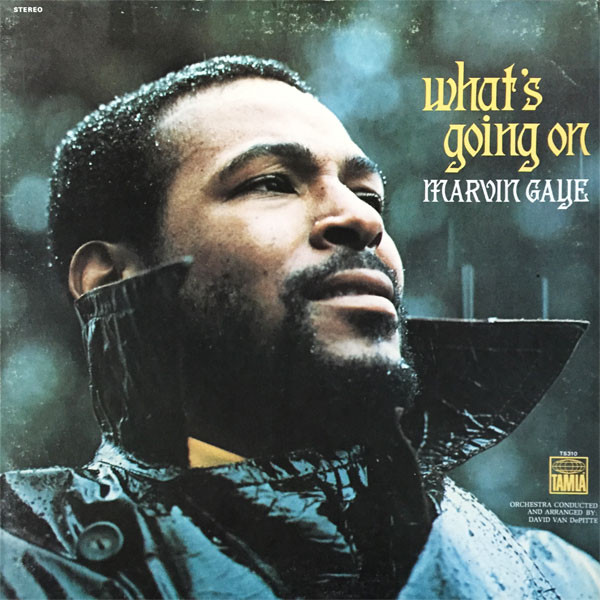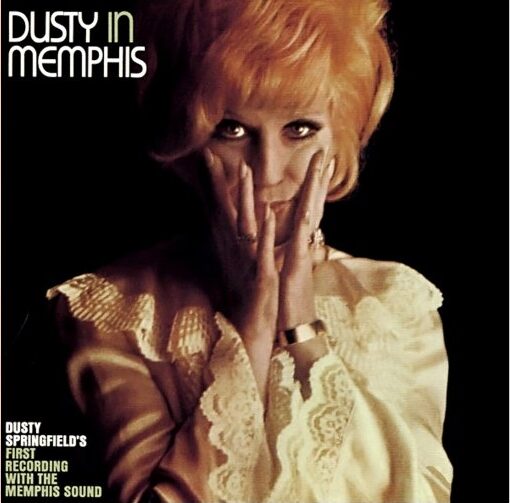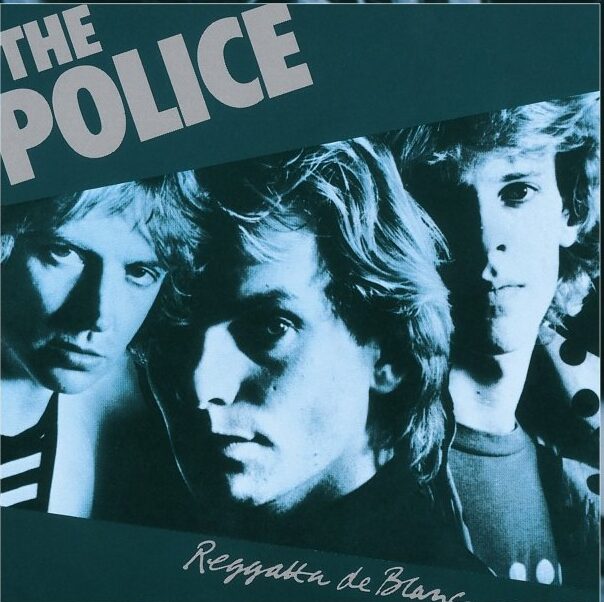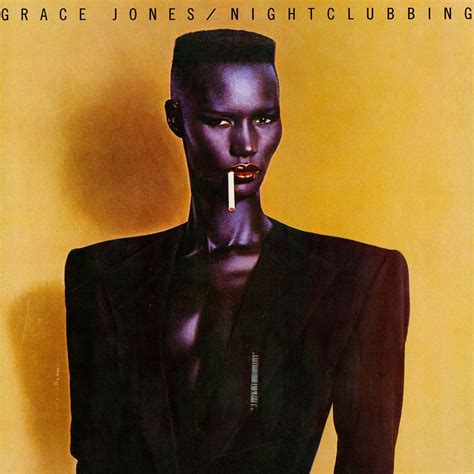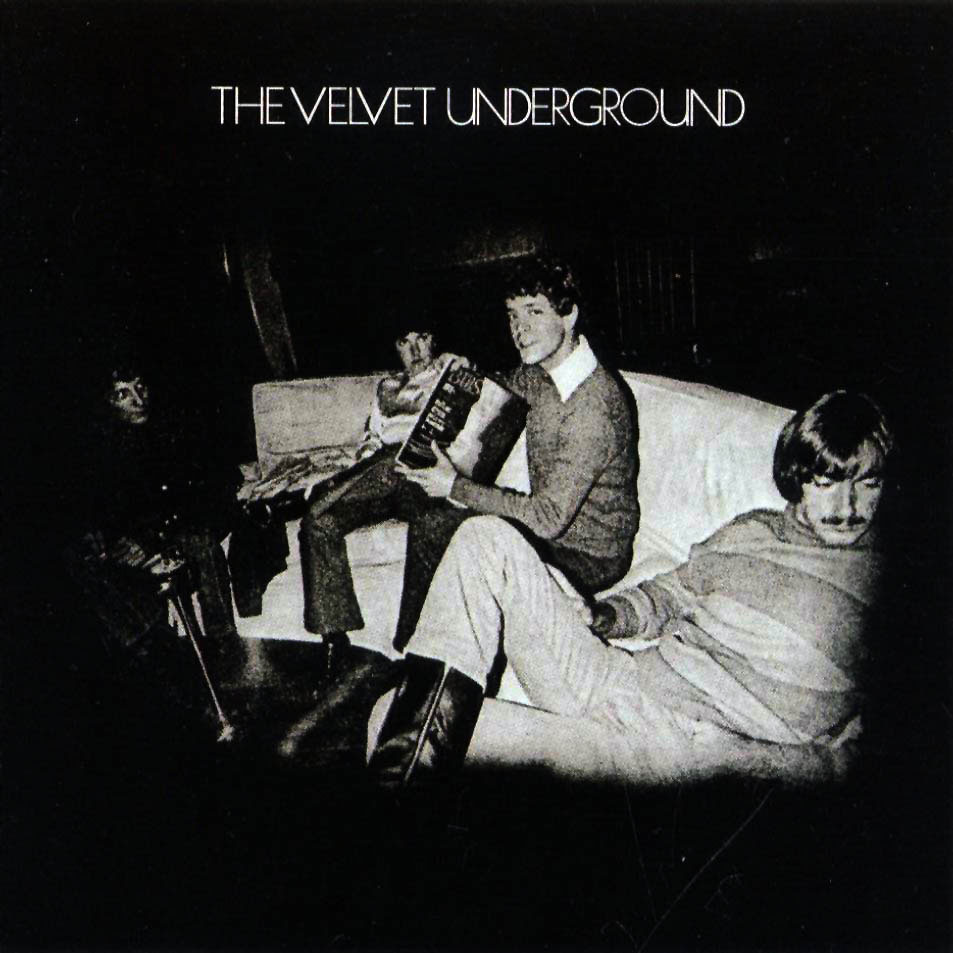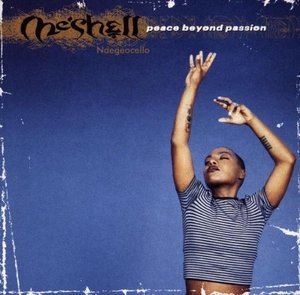Happy 45th Anniversary to The Police’s second studio album Reggatta de Blanc, originally released October 2, 1979. Article originally appeared at Albumism on September 28, 2024
Reggatta de Blanc marked a pivotal moment in The Police’s trajectory and is considered a defining work for them. It established their reputation as one of the more innovative bands of the time and served as a crucial stepping stone in the development of their unique sound, which fused rock, reggae, jazz, and punk. In order to appeal to a wider audience, the band decided to incorporate elements of pop music into their sound.
With its title loosely translated from French meaning “White Reggae,” Reggatta de Blanc builds on the punk energy of their debut album Outlandos d’Amour (1978), but leans more heavily into reggae and dub influences. The drums played by Stewart Copeland are not only sharp and crisp, but they also have the ability to lay down syncopated beats that add a unique rhythm to the music. Andy Summers’ guitar work seamlessly blends clean and bright riffs, almost as if they were improvised on the spot. Sting’s distinctive vocal lines are often reflective or melancholy, in contrast to the energetic, upbeat instrumentation.
In the interim between their first two albums, The Police took on an ambitious North American tour. Rather than relying on traditional modes of transportation, they chose to drive themselves cross country in a van. No roadies to load and unload equipment; it was all them. They played New York City clubs like CBGB and The Bottom Line as well as Poughkeepsie, NY’s The Chance. Their setlists on the tour included tracks from the yet-to-be-released Reggatta de Blanc. The new songs brought about a clear change in the band’s sound, highlighting their unique and forward-thinking approach to both writing songs and showcasing their musical abilities. In addition to the main tracks, the album also includes some songs that were initially recorded as leftovers and B-sides from the Outlandos d’Amour sessions.
Reggatta de Blanc took four weeks to record, spaced over several months. In a 1983 interview with Musician magazine, Sting remarked that recording Reggatta de Blanc was when the band began to gel. “That was where it all clicked, yeah. There was so much happening in my writing and singing, Stewart’s and Andy’s playing, and suddenly it all meshed together. We had reggae influences in our vocabulary and they became synthesised into our infrastructure until it was utterly part of our sound and you couldn’t really call it reggae anymore. It was just the way we played. That’s the great thing about rock ’n’ roll. It bastardises everything… As a musician, you learn your craft and emulate and copy people, and suddenly there’s a moment in your development when you grow up and finally become yourself. I think Reggatta was that moment for us.”
“Message in a Bottle,” the album’s most iconic track, showcases The Police’s distinctive style with its catchy guitar riff and energetic rhythm, making it a standout on the album. Sting’s lyrics examine themes of isolation and a search for connection, but the catchy melody makes it one of the band’s most beloved anthems.
“Walking on the Moon” serves as a perfect illustration of how The Police incorporated reggae into their music. Its relaxed groove, syncopated rhythms, and Sting’s spacey lyrics create a hypnotic feel, standing out as a classic in their catalog. Sting has said that he wrote the song when he was drunk one night after a concert in Munich. “I was drunk in a hotel room in Munich, slumped on the bed with the whirling pit when this riff came into my head. I got up and started walking round the room, singing ‘Walking round the room, ya, ya, walking round the room’. That was all. In the cool light of morning, I remembered what had happened and I wrote the riff down. But ‘Walking Round the Room’ was a stupid title so I thought of something even more stupid which was ‘Walking on the Moon. ’”
“The Bed’s Too Big Without You” is not just a well-crafted song; it’s a reflection of the human condition. Sting’s ability to capture the raw emotions and vulnerabilities associated with loss is what makes this song timeless. The minimalistic arrangement, with a deep bassline and echoing drums, highlights the band’s ability to create atmosphere with sparse instrumentation. So, next time you find yourself yearning for connection in the aftermath of a broken heart, let the haunting melody of “The Bed’s Too Big Without You” fill the empty spaces.
The title track is a captivating instrumental that highlights the band’s incredible musical chemistry. Summers’ guitar work, Sting’s rhythmic bass, and Stewart Copeland’s dynamic drumming interplay create a spontaneous and jam-like feel, which earned them a GRAMMY Award for Best Rock Instrumental Performance.
Reggatta de Blanc was a commercial success, reaching #1 on the UK Albums Chart and producing two hit singles: “Message in a Bottle” and “Walking on the Moon.” Critics praised the album for its originality, noting The Police’s ability to infuse punk with world music elements in a way that felt fresh and forward-thinking.
The album presents a narrative that not only reflects the personal experiences of Sting but also resonates with universal themes of alienation, longing, and social connectivity. The innovative fusion of jazz and reggae rhythms with rock elements in their music showcases the transformative approach to genre during the late 20th century, highlighting the Police’s influential role in the burgeoning post-punk scene.
Reggatta de Blanc is a bold, genre-blurring album that helped The Police become one of the most important bands of the ‘80s. Its reggae-inspired rhythms, poignant lyrics, and tight musicianship create a record that’s both accessible and artistically ambitious. Reggatta de Blanc is often seen as the album where The Police truly found their sound. It’s an album that defined the band’s ability to cross genres with ease while maintaining a distinctive identity. This release from the late 1970s is a must-listen for fans of post-punk and new wave, as it perfectly encapsulates the transformative shift in the music scene and immerses you in its unique, atmospheric sound.

